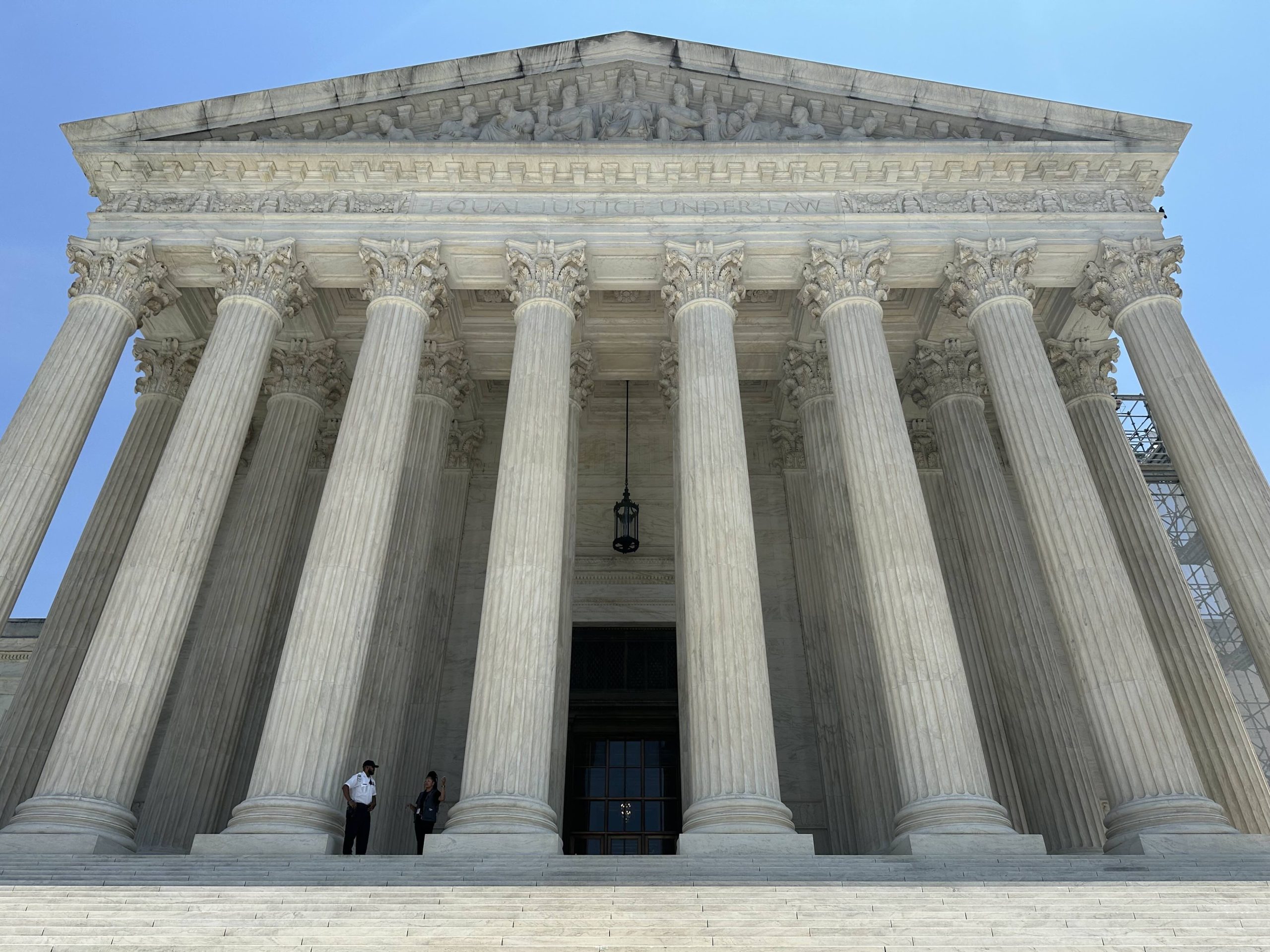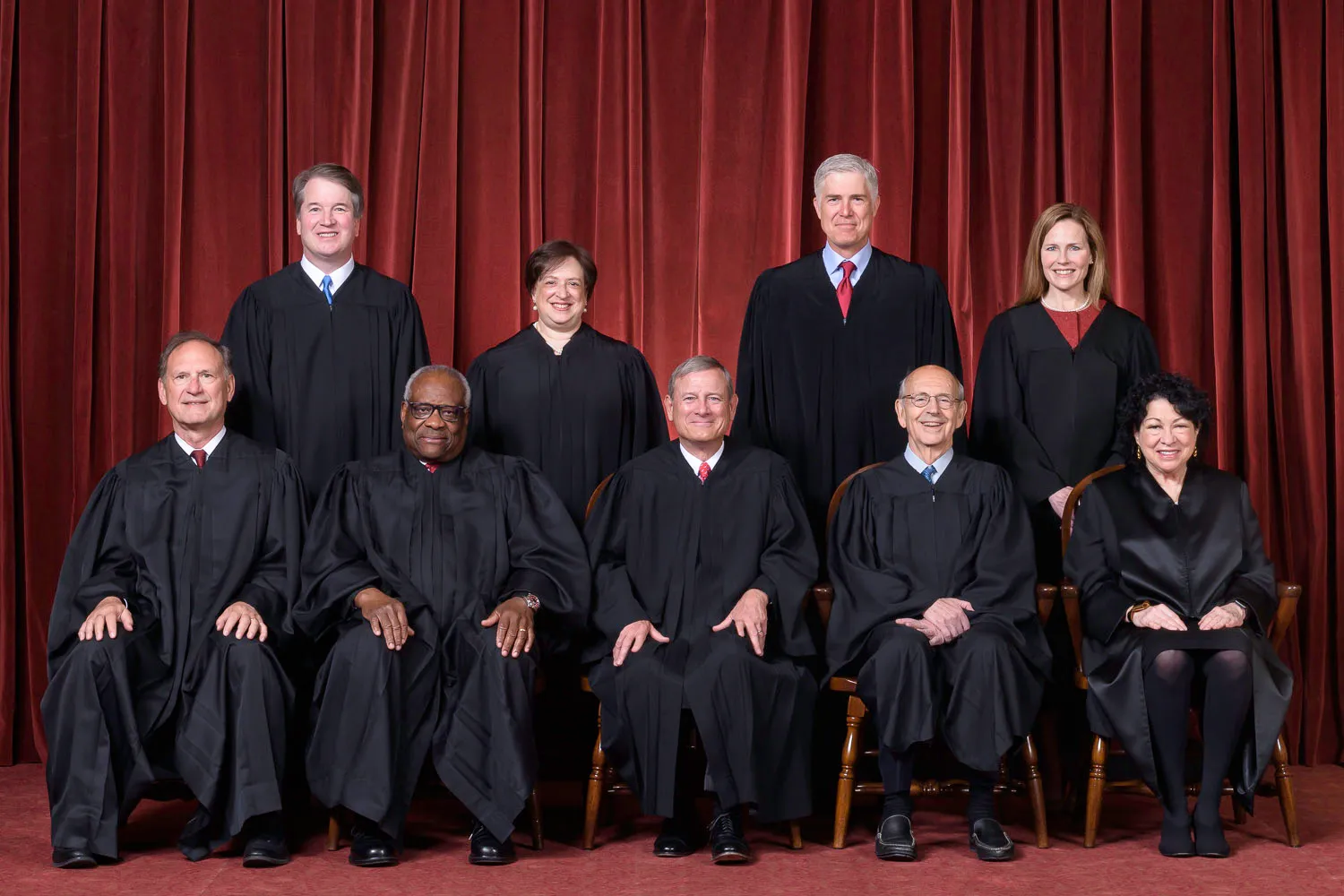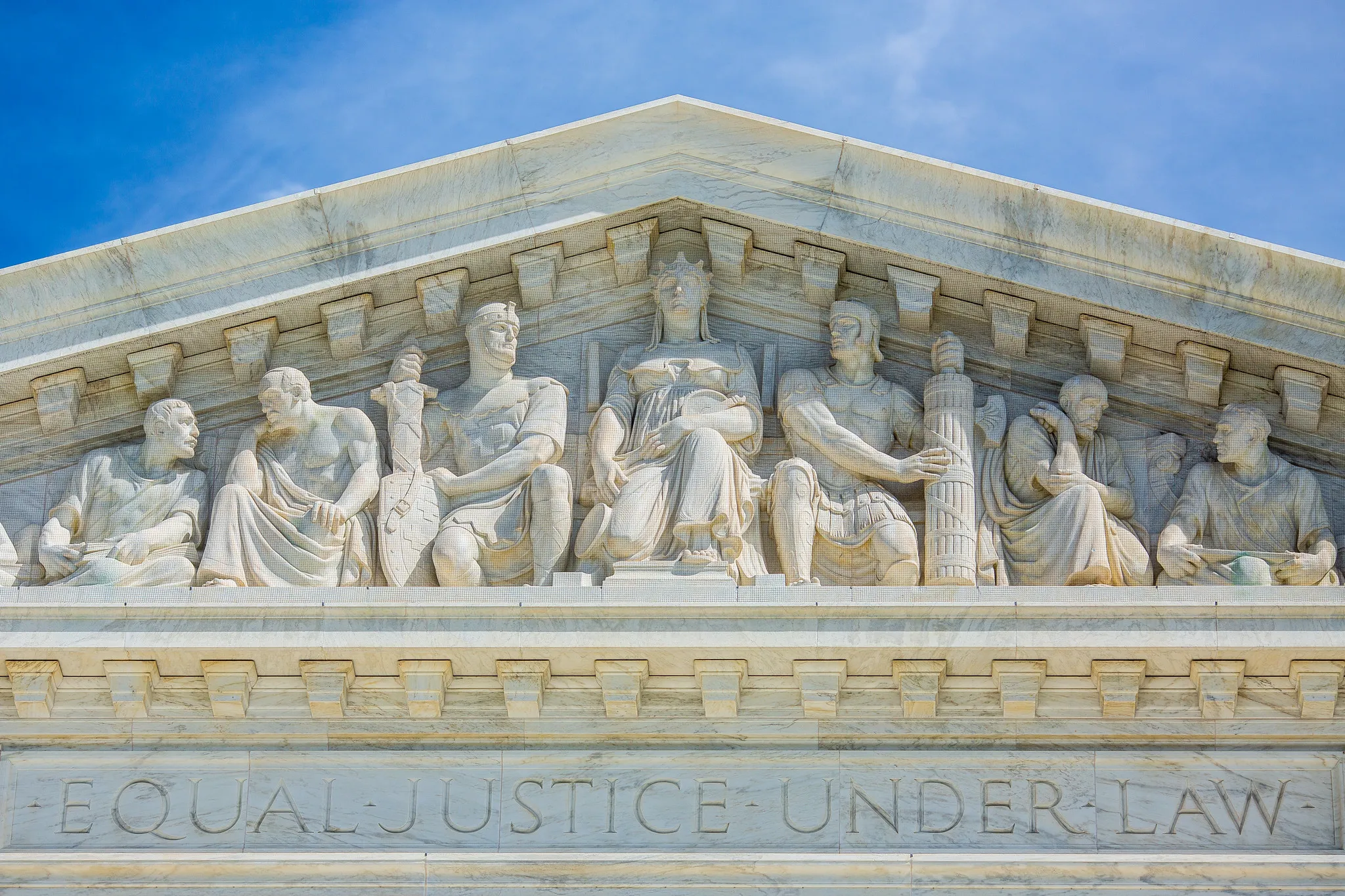Supreme Court divided on disputed civil rights attorney fees
ARGUMENT ANALYSIS
On Tuesday, the justices were divided on a dispute over attorney’s fees in civil rights cases. A federal appeals in Richmond, Va. ruled that drivers who challenged a state motor-vehicle law were entitled to reimbursement for their attorney’s fee because a federal court had issued a temporary order barring the state from enforcing it – but then the Virginia legislature repealed that law. During the 80-minute oral argument on February 2, the justices appeared skeptical of the state’s claim that they should reverse lower court’s decision and hold that temporary relief cannot be used as a basis for awarding attorney’s fee. State and local governments told the justices upholding the lower courts decision could discourage them to act quickly to respond to civil rights issues raised by plaintiffs. The NAACP Legal Defense and Educational Fund and the conservative Alliance Defending Freedom, on the other hand urge the justices not to change the lower court’s ruling, arguing that a ruling in favor of the state could make civil rights plaintiffs find it more difficult to find attorneys. The district court in Lynchburg (Va.) granted the challengers request. The state did not appeal and then the Virginia Legislature repealed the law. After that, the district court dismissed this case. Under federal law, a “prevailing party” can recover reasonable attorneys’ fees in certain civil rights cases. The challengers insisted that the repeal of the law did not diminish the legal significance of their victory. The subsequent repeal of the law, they contended, did not detract from the legal significance of their victory.
After the U.S. Court of Appeals for the 4th Circuit ruled for the challengers, the state came to the Supreme Court, which agreed to take up the case earlier this year.
Representing the commissioner of the state’s department of motor vehicles, Virginia Solicitor General Erika Maley told the justices that a “prevailing party” is the party who wins a lawsuit, by obtaining either a final judgment in its favor or a decision that the defendant is “liable on the merits of one or more claims.” A temporary order like the preliminary injunction in this case, she said, does not do either of those things, but is instead a “threshold prediction of the likelihood of success” that does not provide any “enduring relief.” Maley urged the justices to adopt a “bright-line rule” that would be easy to administer, holding that a preliminary injunction “does not make a plaintiff the prevailing party.”
Justice Elena Kagan was among the justices who were skeptical. She acknowledged that the preliminary injunction was only a prediction about a likelihood of victory. She said that “a likelihood of succeeding is better than an unlikelylihood of succeeding, and we have decide who’s gonna pay these fees.” Kagan also posited that the challengers “get everything they need and want during the interim period.” And then the whole thing is brought to a close by the legislature saying essentially ‘we give up’ in the same way that it would in a consent decree case, even without the final imprimatur of the court.” When you “put all of that together,” Kagan concluded, “why shouldn’t fees go the other way here?”
Justice Sonia Sotomayor was similarly dubious. She pointed out that the money was already spent on attorney’s fee; the question now is who should be paying for these fees. She said that courts have the discretion to determine what fees are reasonable. Instead, she stressed, courts have discretion to determine what fees are reasonable.
Chief Justice John Roberts wondered aloud whether the state’s rule might create perverse incentives for plaintiffs to continue litigation even after they obtain a preliminary injunction, to ensure that they can receive attorney’s fees.
Maley countered that the state’s rule is the “more judicially efficient one.” If, after a preliminary injunction is issued, a defendant believes that it is unlikely to prevail in additional litigation, it will have “a very strong incentive to settle” so that fees don’t continue to pile up.
Kagan also pressed Assistant to the U.S. Assistant to the U.S. Solicitor General Anthony Yang argued for the federal government in support of Virginia. Kagan pointed out that the issue has been raised frequently in recent years, as people sought relief from “various kinds of COVID policies” that were then “changed or… scrapped or… abandoned in some way.” But the end result is that there’s a lot of recent law that cuts against” Virginia and the United States. The issue seems to have surfaced frequently in recent years, Kagan told Yang, as people sought relief from “various kinds of COVID policies” that were then “changed or … scrapped or … abandoned in some way.” But the upshot, Kagan concluded, is that “there’s quite a lot of recent law that cuts against” Virginia and the United States from all over the country.
Representing the challengers, Brian Schmalzbach told the justices that, for purposes of recovering fees in civil rights cases, a “prevailing party” is the “winner of an unreversed favorable judgment and tangible relief from the court.” And a key factor, he added, is whether the challengers obtained a “material alteration of the legal relationship between the parties.”
That is exactly what happened in this case, Schmalzbach contended. The preliminary injunction “forced the Commissioner at gavel point to provide the relief that we requested.”
But Roberts was concerned that if a final judgment on the merits is not required to qualify as a “prevailing party,” it will be difficult for courts to determine “what constitutes prevailing.”
Maley echoed this idea in her rebuttal, telling the justices that the tests currently used in the courts of appeals “are fact-intensive and unpredictable.” These tests often lead to “a second major litigation over the availability of fees,” she said, “which in and of itself is highly judicially inefficient.”
Justice Amy Coney Barrett questioned whether plaintiffs who obtain a preliminary injunction should really be regarded as a “prevailing party.” She noted that judges are often ruling on requests for preliminary injunctions on “a very compressed time frame.” Moreover, she added, plaintiffs are only required to show “a reasonable likelihood of success” – around “51 percent.” “Why,” she asked, “is that prevailing?”
A decision is expected by sometime next summer.
This article was originally published at Howe on the Court.






